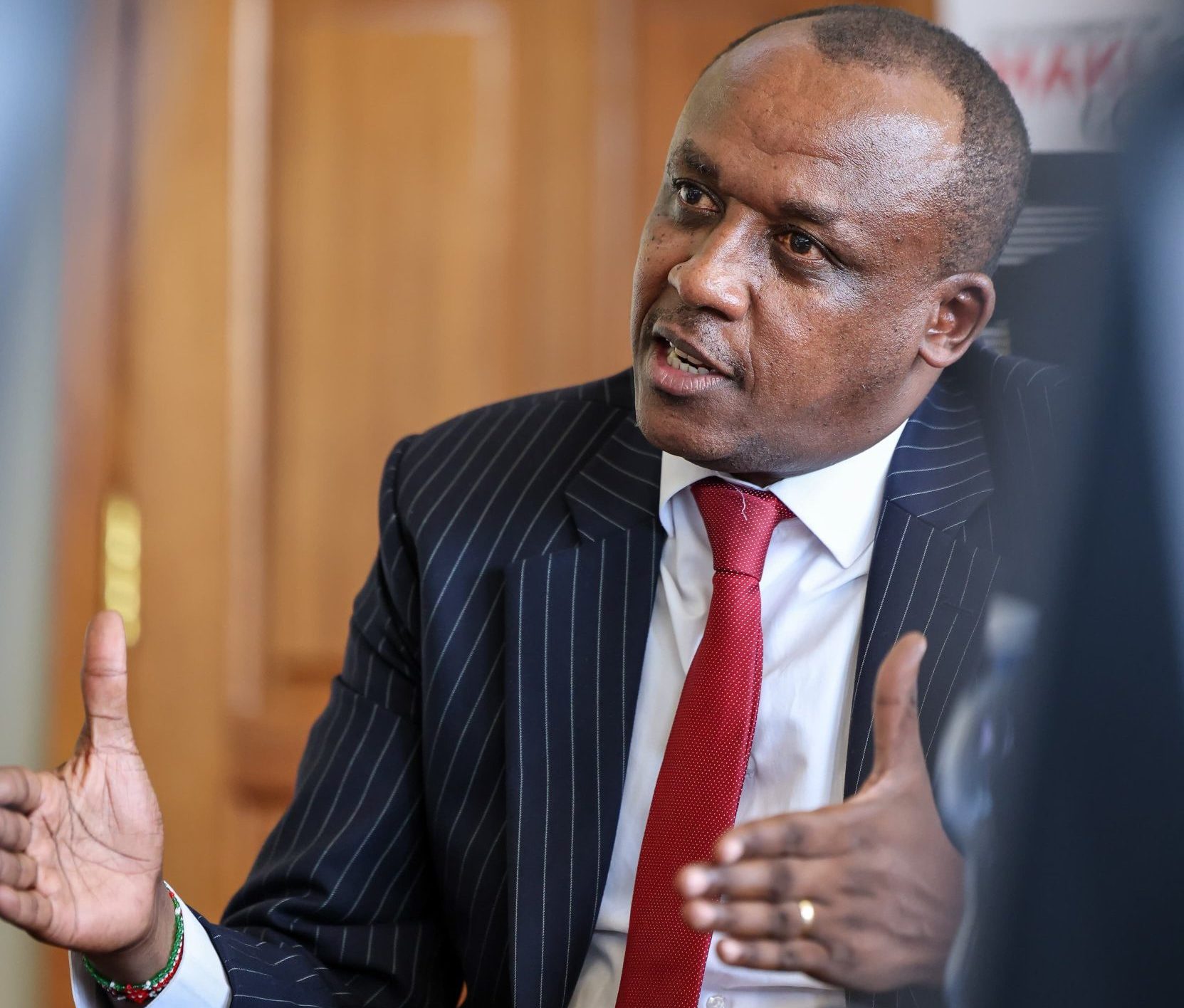Oscar Sudi Leads Ksh.145 Million Economic Empowerment Drive in Kapseret Amid Political Showdowns
MP Oscar Sudi led a massive Ksh.145 million empowerment drive in Kapseret, distributing motorcycles, sewing machines, and business tools to thousands. Funded privately, the initiative supports local traders and youth under Kenya Kwanza’s bottom-up model. The event also sparked political debates amid calls for unity and development.
In a spectacular grassroots economic empowerment event in Kapseret Constituency, Uasin Gishu County, MP Oscar Sudi unveiled a monumental donation worth Ksh.145 million aimed at boosting the livelihoods of thousands of local residents. The drive combined a direct giveaway of goods valued at Ksh.45 million alongside a massive Ksh.100 million fundraising effort for local development projects. The event attracted thousands of beneficiaries, who received an impressive range of equipment including 100 motorcycles, two vehicles, 400 sewing machines, 500 car wash machines, maize milling posho mills, milk cans, water tanks, egg and sausage vending kits, and deep fryers for fries. This initiative targets key grassroots economic players such as boda boda riders, mama mbogas (vegetable vendors), carpenters, shoeshiners, and small-scale traders.
MP Oscar Sudi was emphatic that the entire Ksh.45 million worth of equipment was sourced privately, funded by himself and close friends, with no government money involved. Addressing critics and online rumors, Sudi stated, “Not a single coin from the government coffers is here today. This is from my friends and me.” His declaration came amidst a charged atmosphere of cheers, song, and dance, as residents enthusiastically collected the tools that many described as life-changing. The empowerment drive fits squarely within the Kenya Kwanza government’s bottom-up economic agenda, which prioritizes lifting ordinary citizens from poverty through direct support and capacity building.
Several political leaders who attended the event praised the empowerment agenda but did not shy away from political jabs, especially targeting Deputy President Rigathi Gachagua. Likuyani MP Innocent Mugabe lauded the initiative, saying, “I see women, youth, and the elderly benefiting here. Others are just making noise.” Nominated MP Joseph Wainaina was more direct in his criticism of Gachagua, accusing him of tribal politicking and underperformance. “Ati pesa inatoka kwa William Ruto ndio watu wapewe empowerment. Wewe Wamunyoro, during your time in leadership, show even one project you delivered,” Wainaina challenged. Treasury Cabinet Secretary John Mbadi praised President William Ruto’s leadership, highlighting his ability to govern amid opposition and keep the unity of the coalition intact.
The political undertone of the event was palpable as leaders reaffirmed their commitment to Kenya Kwanza’s development agenda while condemning tribalism and divisive rhetoric. National Assembly Majority Leader Kimani Ichung’wah declared, “To those trying to divide Kenyans along tribal lines in the name of empowerment — we declare, Satan is defeated!” This message of unity and empowerment was echoed in other parts of the country. In Machakos town, Deputy President Kithure Kindiki led a fundraiser raising Ksh.2.5 million to support local development. Kindiki urged political leaders to avoid tribal politics, emphasizing that “Unity is not slavery. Kenya must remain united.” Similarly, in Mwingi West, Kitui, National Assembly Speaker Moses Wetang’ula donated Ksh.3 million to women’s empowerment groups, while calling for a reduction in public insults and divisive political behavior.
Despite the grandeur and goodwill, questions remain about the transparency and sustainability of such large-scale empowerment funding. Critics continue to probe the origins of funds and how widespread such initiatives can be maintained. Nonetheless, the Kenya Kwanza administration insists that it will persist in delivering economic empowerment to grassroots communities, focusing on the real drivers of Kenya’s economy — women, youth, and informal sector players. As these empowerment programs roll out, they serve both as economic lifelines and as political statements in a landscape fraught with rivalry and shifting alliances.


.jpg)


.jpg)
.jpg)
.jpg)
.jpg)
.jpg)



